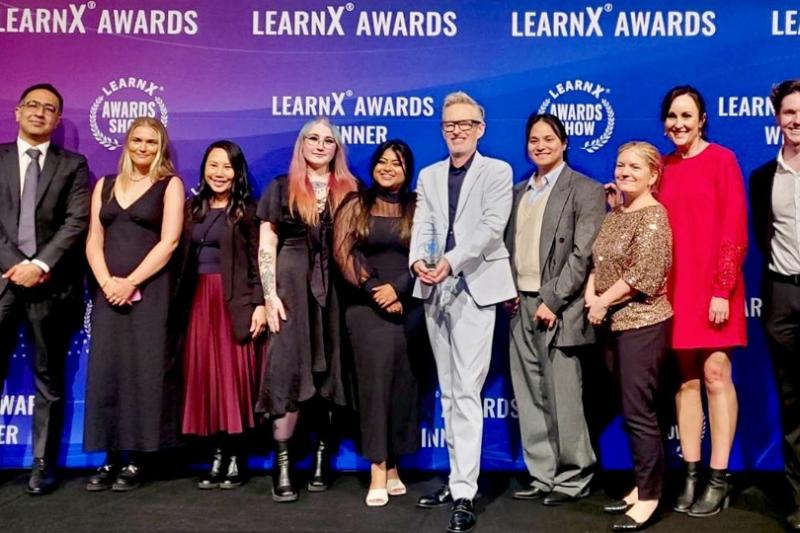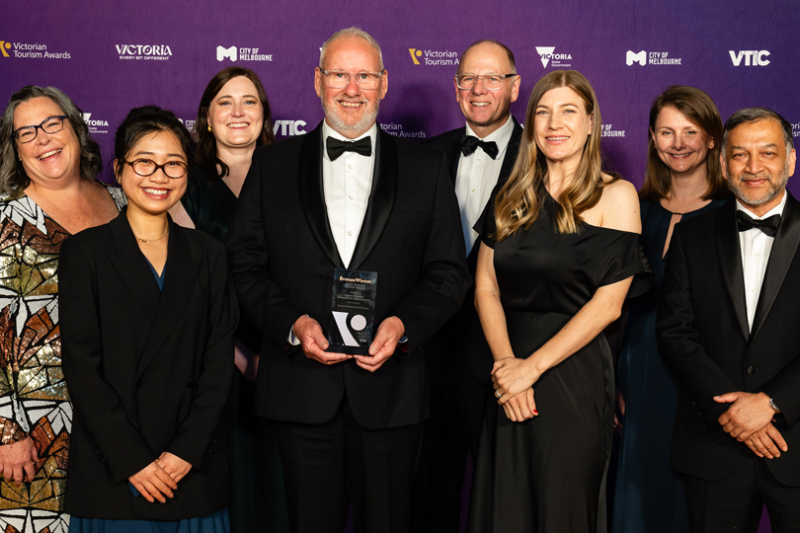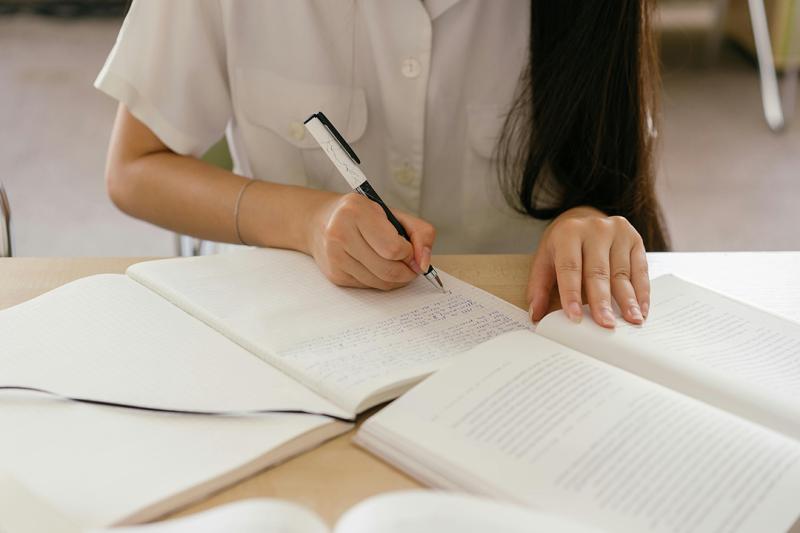Research shows school for kids in prison can be ‘circuit-breaker’

A new Victoria University-led report reveals how the right education delivered in the right way can be a ‘circuit breaker’ for the hundreds of young people currently in custody in Victoria.
The study is the first to put a spotlight on education for incarcerated young people at Parkville and Malmsbury Youth Justice Precincts, highlighting what works well, and what key issues need to be considered for improvement.
Highly charged events at these centres in late 2016 and early 2017 led to polarised public views of young people in detention, and calls for a more punitive approach towards them.
However, the researchers say it is important to consider education as a protective factor in the future of these young people, as well as the legal right and obligation that all young Australians aged 17 or under have to engage in schooling.
The study, funded by Lord Mayor’s Charitable Foundation, began in November 2016, with data and insights drawn from interviews and observations with young people, teachers and staff.
Many young people in custody have been suspended or expelled from school on the outside, but the research shows most want to learn, and say it is central in getting through their time in custody.
The study has important implications for a $288M youth justice facility to be opened in 2021 at Cherry Creek near Werribee.
Some key issues:
- Time in custody should be an opportunity to reboot futures, yet learning time is often wasted because security concerns override those of education. For example, class groups are based on potential for the least amount of conflict, rather than on education needs.
- Girls and young women, students with health and disability needs, those on remand, and young people from diverse cultural backgrounds have unequal access to education.
- Department of Justice & Regulation staff and Parkville College teachers must have a common purpose in supporting young people in custody.
- Strong transition pathways are needed as young people move from custody to community.
Improving educational connections for young people in custody (PDF, 896.63 KB) was launched today by a team of researchers and experts including:
- Victoria University - Associate Professor Julie White (Project Lead), Dr Alison Baker, Dr Philippa Moylan, Mr Ruq Abdul Manan
- University of Tasmania - Professor Kitty te Riele
- Deakin University - Dr Tim Corcoran.



